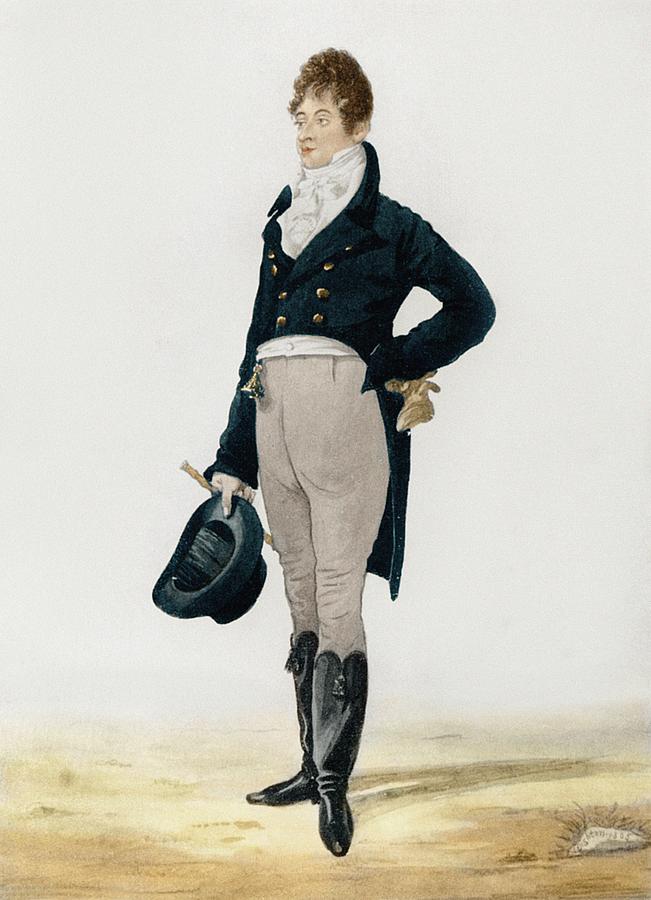Where would you go if you needed a few more chickens or a bushel of apples? The market, of course.
If you lived in a large town, such as London, there were several markets to choose from, open all week long. But, if you lived farther out, you had to travel to a market town.

Market towns had existed in England for centuries. There were, in fact, strict rules as to which towns could hold a market and which couldn’t. Towns had to apply for a royal charter if they wanted to hold a weekly market. If a market town already existed within a day’s walk (there and back) the town could not hold a market.

Many towns had a market cross in the middle of the designated area. The actual meaning of the crosses is unknown and theories are as varied as the cross designs. Possibly the religious landmark was to curry God’s favor on the proceedings. It could also have stood as a reminder to the vendor and the buyer to deal fairly with one another. Still another option is that it hearkened back to the original, informal markets that grew up on the grounds around the churches.
Whatever the reason, some of these market crosses became very elaborate, more along the lines of pavilions or buildings than mere religious icons on a tall pillar. Some towns even constructed their roads with the markets in mind. One example is Stow on the Wold in Gloucester whose narrow side streets were designed to make managing herds of sheep easier.
Since many people lived spread out across rural England, market days (typically Saturdays) were their only opportunity to acquire what they needed, unless they could go directly to someone local to barter or buy. Farmers and craftsman would bring their wares to town and set up stalls along the extra wide main streets.

As leisure travel increased in the Georgian era, some market towns, such as Norwich, became fashionable shopping destinations. Permanent stores grew up around the market places, but transitional and temporary stalls were still used for the weekly market.
Today, many of these towns still hold a weekly market, though you’ll more likely find purses and technology accessories than a chicken and a sheaf of wheat.
Originally posted 2013-09-04 10:00:00.
 Regency Reflection is happy to welcome Louise M. Gouge to the blog today. Be sure to check out Louise’s new book,
Regency Reflection is happy to welcome Louise M. Gouge to the blog today. Be sure to check out Louise’s new book, 

 Today we are shocked and saddened to hear of any form of child abuse, and efforts are made to save children in similar dangers. Even during the Regency era, many godly reformers sought to make changes in social inequities. But it was not until 1864 that Lord Shaftesbury succeeded in eliminating the use of “climbing-boys” through the Act for the Regulation of Chimney Sweepers, which established a penalty of £10.00 for offenders. That was a hefty sum in those days.
Today we are shocked and saddened to hear of any form of child abuse, and efforts are made to save children in similar dangers. Even during the Regency era, many godly reformers sought to make changes in social inequities. But it was not until 1864 that Lord Shaftesbury succeeded in eliminating the use of “climbing-boys” through the Act for the Regulation of Chimney Sweepers, which established a penalty of £10.00 for offenders. That was a hefty sum in those days.




 Beau Brummel has long been considered an important figure in Regency history. His friendship with the Prince Regent and his charm and wit brought him influence and prestige. He became the ultimate arbiter of fashion, with many historians crediting him with the transition from knee breeches to trousers.
Beau Brummel has long been considered an important figure in Regency history. His friendship with the Prince Regent and his charm and wit brought him influence and prestige. He became the ultimate arbiter of fashion, with many historians crediting him with the transition from knee breeches to trousers.